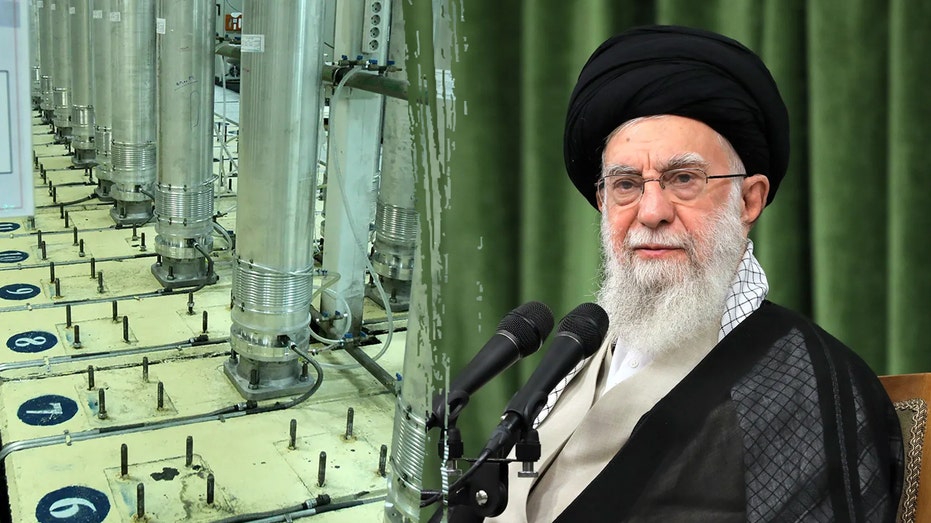Dem claims Trump wielding nuclear strike authority 'should terrify you' — then people point out the obvious
Sen. Ed Markey, D-Mass., claimed that people should be terrified that President-elect Trump will possess the power to initiate a nuclear attack.
In a post on X, Markey noted, "Come January, Donald Trump will have the sole authority to launch a nuclear strike. This should terrify you. That's why @RepTedLieu and I are urging @POTUS to put guardrails on presidential authority to start nuclear war."
Trump — who trounced Vice President Kamala Harris in the 2024 White House contest by winning both the Electoral College and the popular vote — previously served as president from early 2017 through early 2021. And during his Oval Office tenure, he never used nuclear weapons.
BIDEN ADMIN SETS NEW TARGET TO TRIPLE US NUCLEAR CAPACITY FROM 2020 LEVELS
He has also been outspoken about the massive danger posed by nuclear weapons.
"To me, we have one really major threat: That's called nuclear weapons," Trump said earlier this year. "This isn't Army tanks going back and forth and shooting at each other. This is obliteration," he said of the powerful weapons. "We have incredible stuff, so does Russia. China has much less but" will "catch up," Trump said, calling the issue the "single biggest threat by far to civilization."
Josh Barnett, who lost in a Republican primary for an Arizona state Senate seat earlier this year, responded to Markey's post by writing, "LOL he had the authority the last four years he was in office."
PUTIN SIGNS REVISED DOCTRINE LOWERING THRESHOLD FOR NUCLEAR RESPONSE IF RUSSIA IS ATTACKED
Others made the point as well.
"Hey buddy, he was already president once," Tom Gillis, who describes himself on X as a "Former PGA tour player," declared in response to the lawmaker's post.
"He had the power before and didn’t use it," another individual, Shonathan Perrius, tweeted.
In a letter to President Biden, Markey and Rep. Ted Lieu, D-Calif., declared that during his waning time in office, the commander-in-chief could "safeguard the system against Donald Trump or any future unstable president, and make it constitutional."
"We urge you to announce that henceforth it will be the policy of the United States that it will not initiate a nuclear first strike without express authorization from Congress. In a situation where the United States has already been attacked with nuclear weapons, the president would retain the option to respond unilaterally," the two Democrats declared in their letter to the president.
US MUST EXPAND NUCLEAR ARSENAL IN FACE OF RUSSIA AND CHINA THREAT, WARNS TOP OBAMA DEFENSE ADVISER
The lawmakers have long advocated for the policy shift, repeatedly pushing legislation on the issue.
"As the coauthors of the Restricting First Use of Nuclear Weapons Act — proposed legislation that prohibits any U.S. president from launching a nuclear first strike without prior congressional authorization — we urge you, in your remaining time in office, to change this unconstitutional policy," they said in their letter to Biden.
"We first introduced this act during the Obama administration not as a partisan effort, but to make the larger point that current U.S. policy, which gives the president sole authority to launch nuclear weapons without any input from Congress, is dangerous. As Donald Trump prepares to return to the Oval Office, it is more important than ever to take the power to start a nuclear war out of the hands of a single individual and ensure that Congress’s constitutional role is respected and fulfilled," Markey and Lieu noted.


